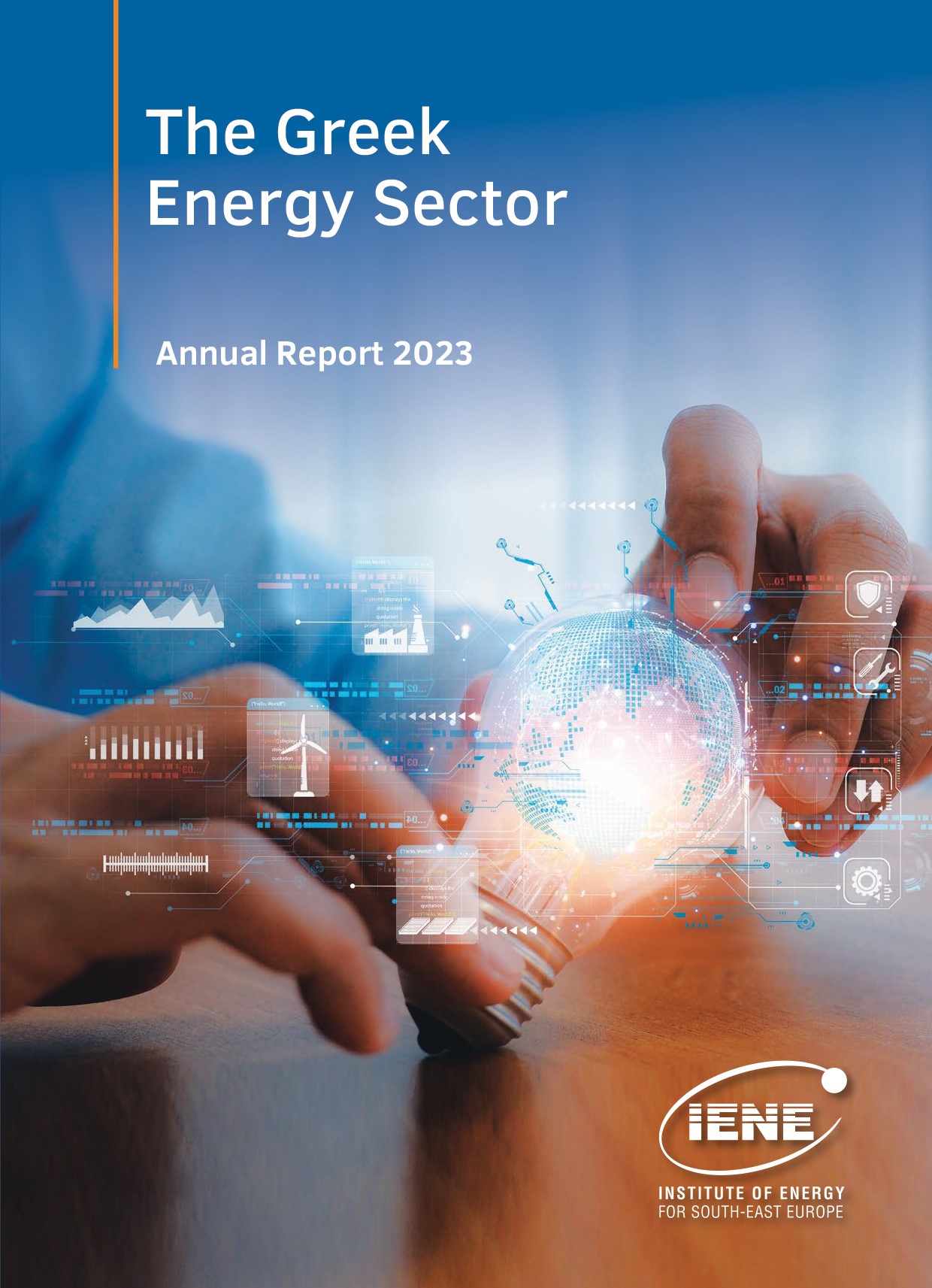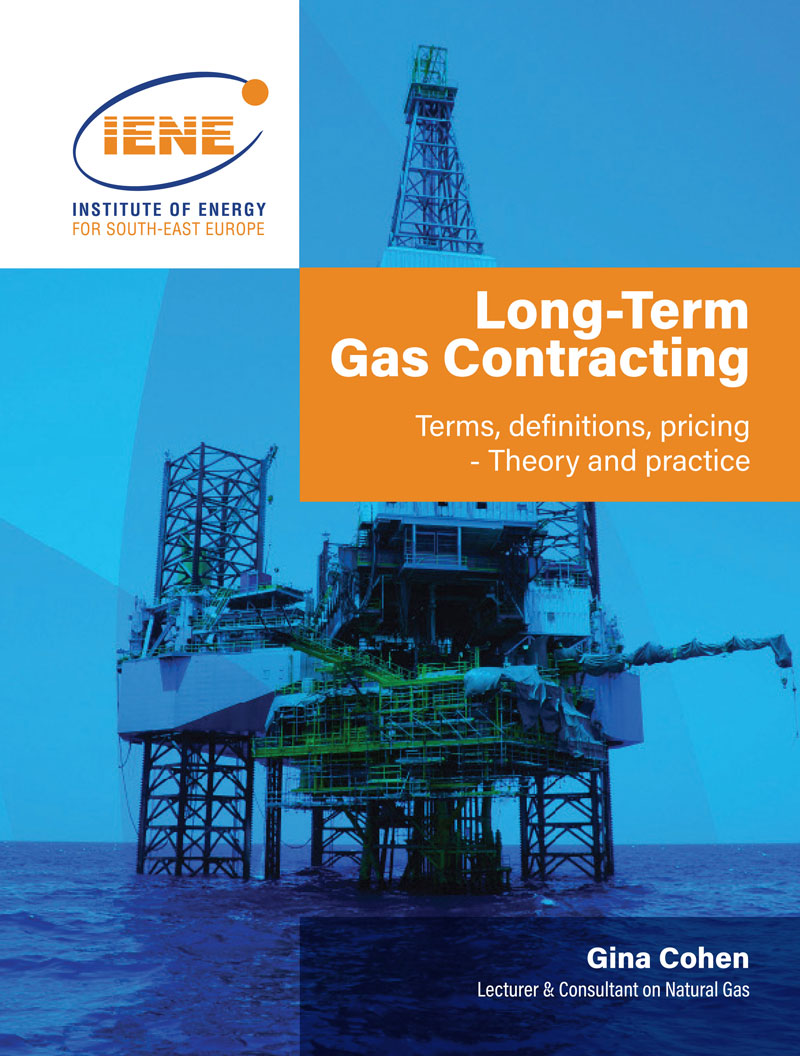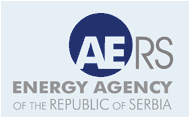North Yorkshire is the first region in the U.K to be fracked since 2011. This is a groundbreaking development for the oil industry.
The controversial oil exploration technique infuses sand, chemicals, and massive amounts of water under high pressure into rock, causing it to fracture, thereby releasing oil and gas captured therein millions of years ago.
A North Yorkshire Conservative-dominated Council near the village of Kirby, Misperton, was the first to approve a similar development. That was a close seven-to-four vote. Emotions run high during deliberations and protestors were outside shouting against the development. The fracking well will be only 750 meters away from the nearest residential areas, as Europe is much more densely populated than North America where the technique was pioneered.
Some are hailing fracking as a pragmatic investment in the future of the onshore oil industry in Britain. Others fear the association of fracking with the contamination of water resources and even earthquakes. Indeed, the first U.K development in 2011 in Lancashire triggered minor earthquakes along the Fylde coast independent studies confirmed. Last but not least, the development, more often than not, entails a massive increase in traffic and produces noise pollution that can become unbearable near residential areas.
The political appeal foes beyond energy production, as fracking is still a labour intensive technique that can generate blue-collar jobs, of the kind not many industries can. But, the community did not find the investment appealing. There is also money to be made. The Yorkshire deal entails a rent of €130,000 per well, plus 1% of profits incurred. But, it is also a high-value political battle that makes local Councilors look good in London, as they take on an emblematic political battle: the Conservative party having vowed to pioneer the industry in the U.K, while it meets regulatory hurdles across Europe.
The advocacy group Frack Free Ryedale says that Third Energy had only 36 positive responses among the 4,800 citizens it consulted. There are also less "polite” names for campaigns that oppose fracking, including "frack off”; many vow to take on more activist measures against the development. That is besides traditional anti-fracking campaigners, such as Friends of the Earth and Greenpeace.
Many citizens fear the development will bear on the health standards of the region and the value of their property. Local business leaders fear that high value industrial plants may move away from the region, driving away growth and employment. The region is home to an aerospace and motor industry with clients that include Boeing, Bentley and Saab. The development would also threaten the landscape and, most likely, devastate the tourist industry it is feared.
The license to frack was awarded to Third Energy, a British firm that will use an existing two-mile deep well – called KM8 – drilled in 2013. The collapse of the oil market for nearly two years – with a loss of over 70% of its value – has initially driven fracking techniques to improve, decreasing the cost of production. The recent rebound in international prices, it is hoped, will allow energy intensive companies to reenter the market of "non-conventional oil.” In the U.S hundreds of developments have closed down during the downturn, failing to break even. In any event, Third Energy says it is a "local company” and vow to make the development work for the region.
(BBC, The Independent, Financial Times)






 More
More









